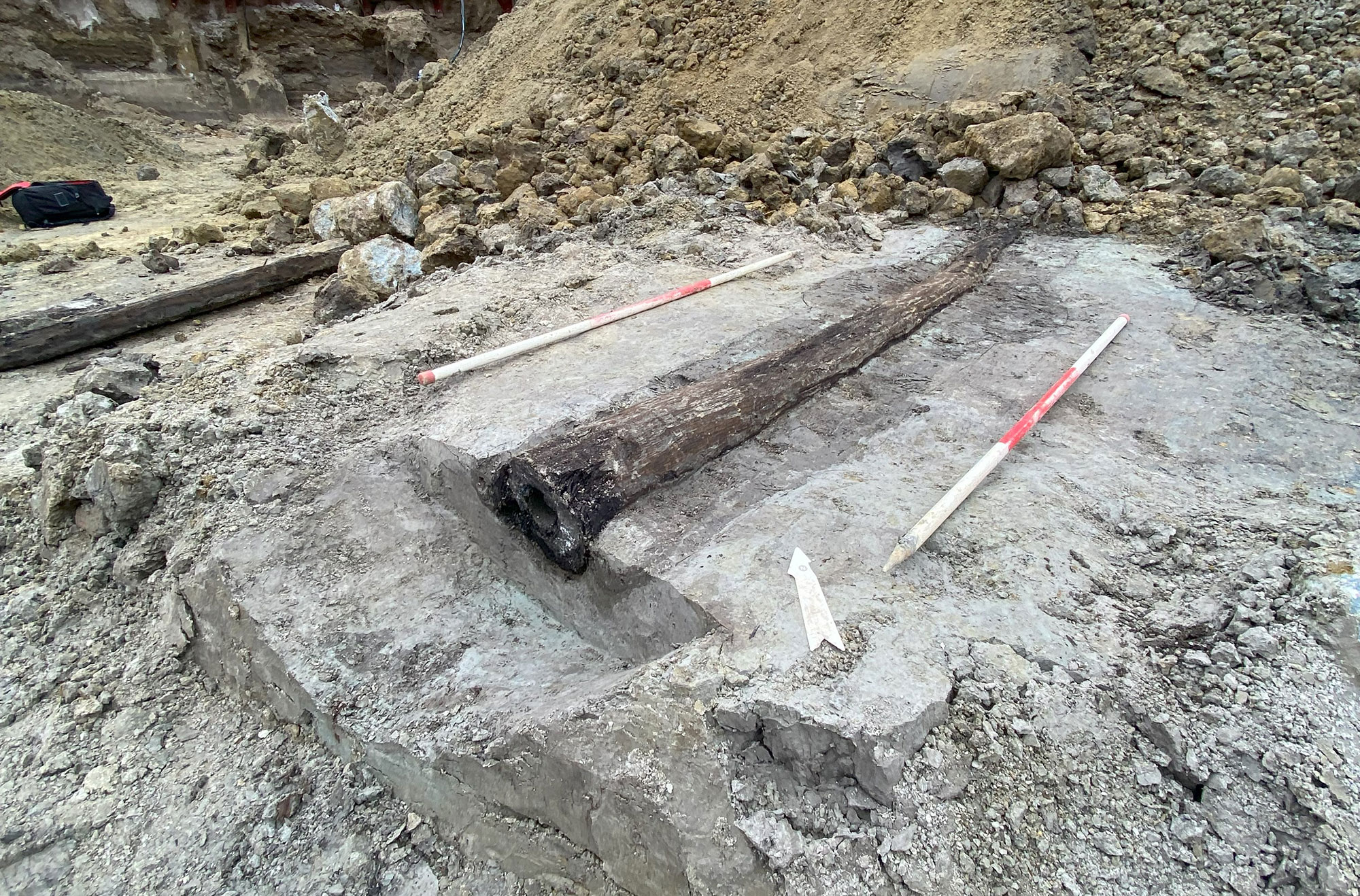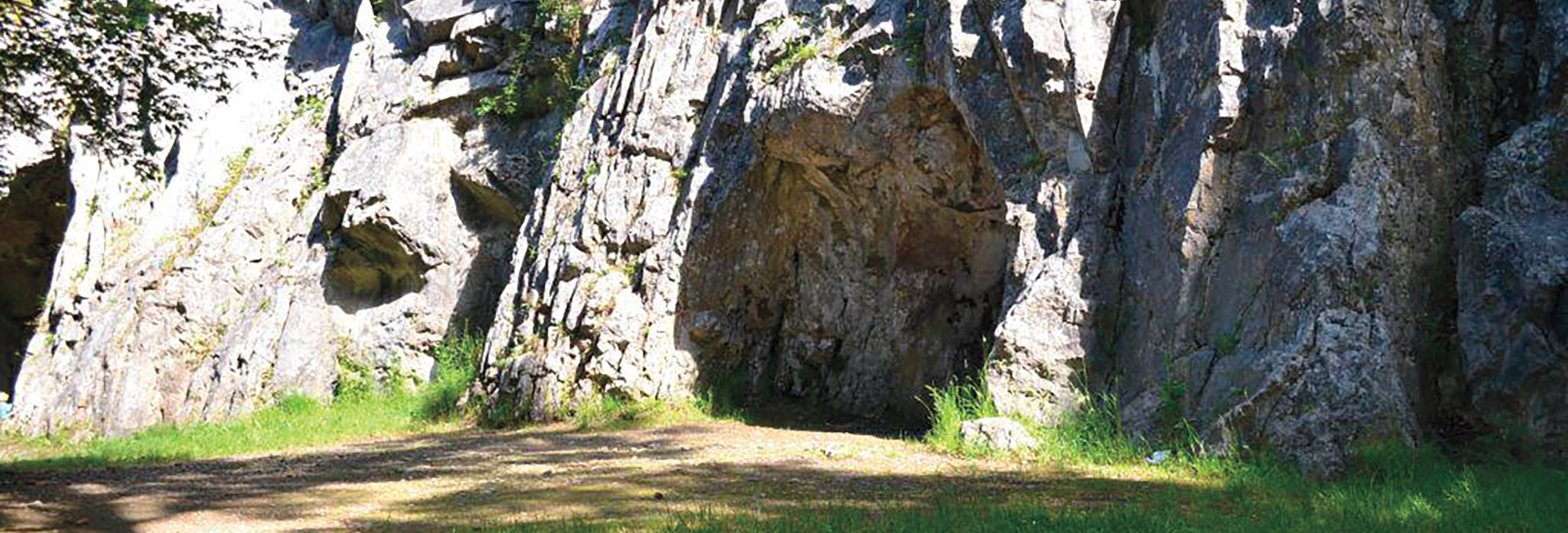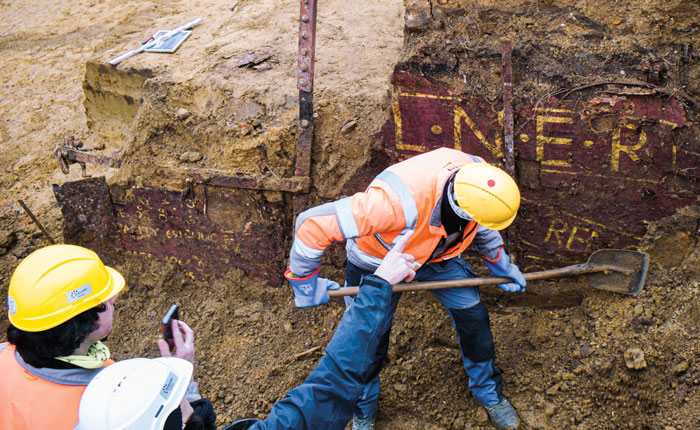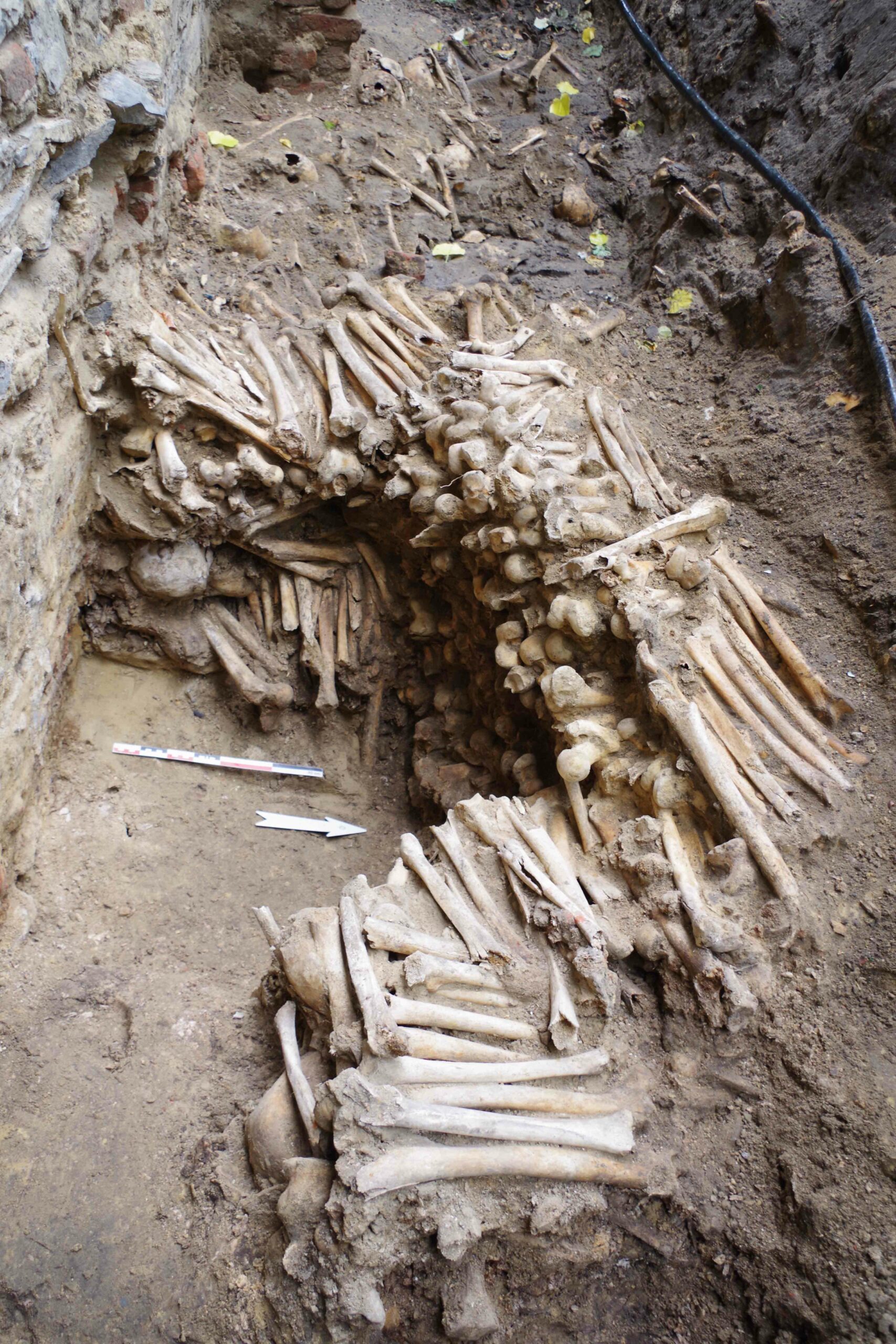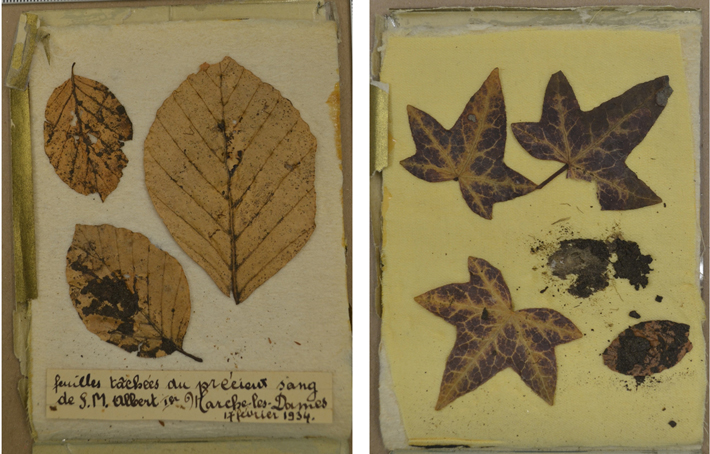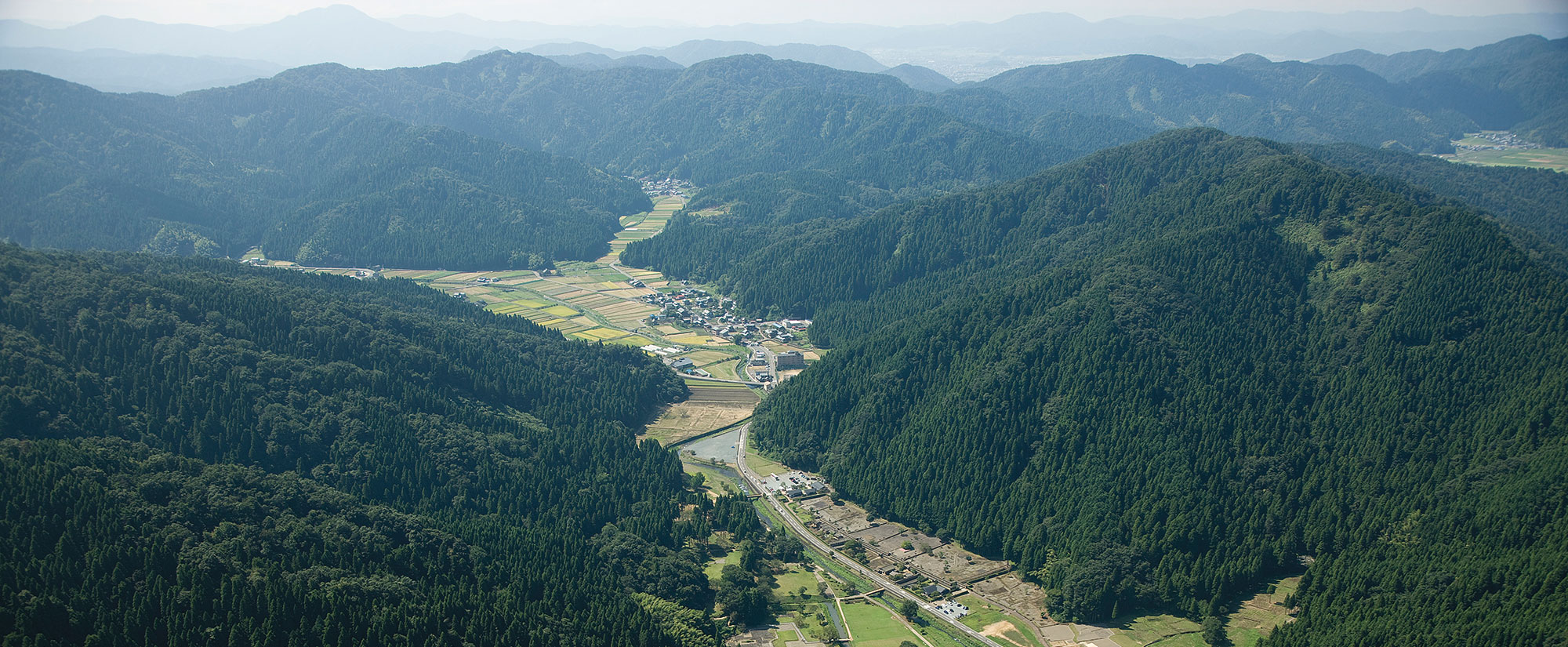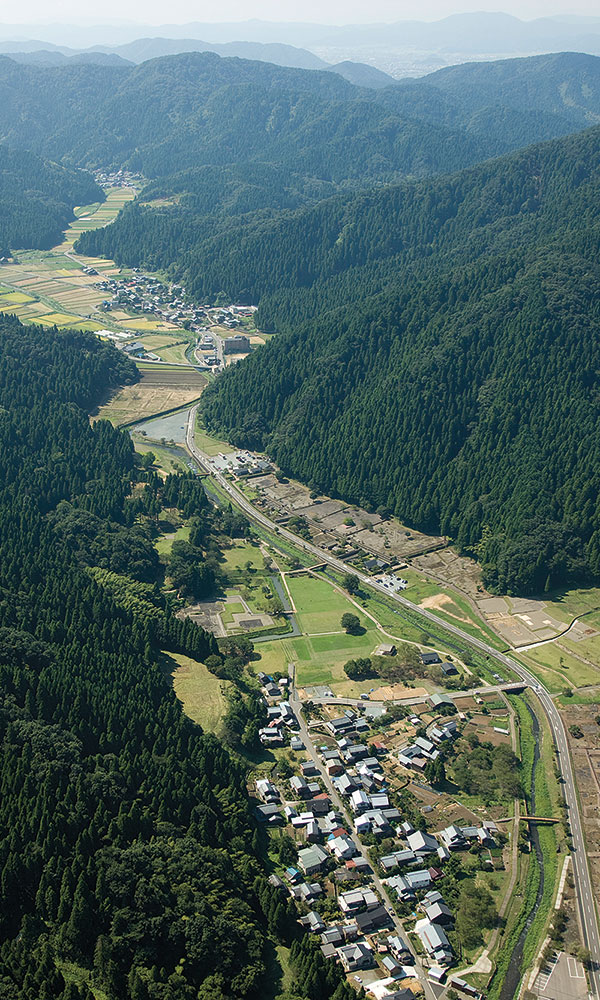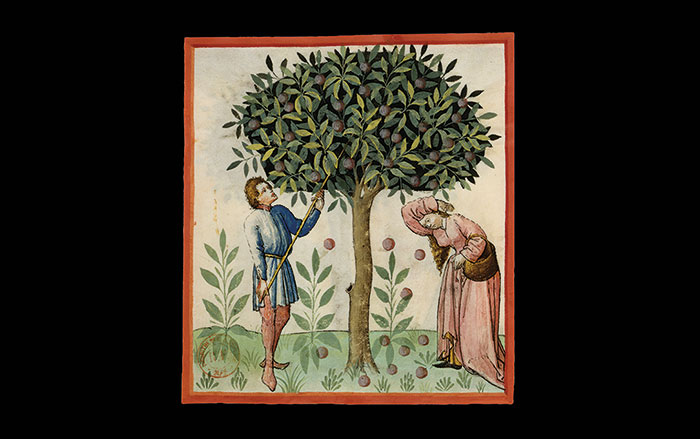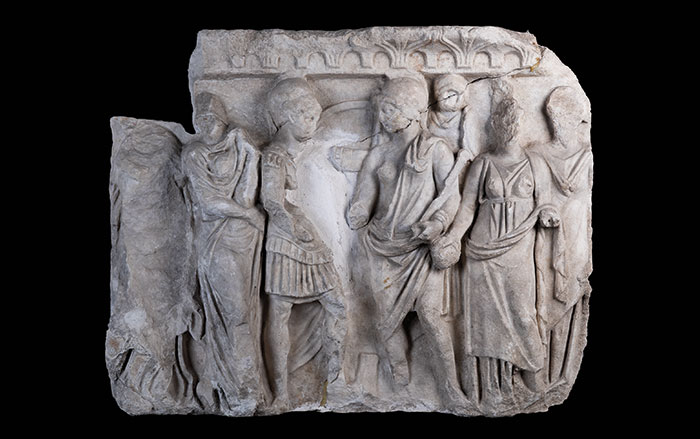
LEUVEN, BELGIUM—Belga News Agency reports that modern construction work beneath the Brusselsestraat in Leuven unearthed a rare and remarkably well-preserved Roman wooden water pipe, which the city council has described as a “unique and exceptional find.” The conduit was located about 13 feet beneath the level of the modern city street. Extending between 65 and 100 feet long, the pipeline was constructed from hollow tree trunks measuring around six feet each. While similar features have been found in other Belgian cities such as Tienen and Tongeren, they have typically been very badly decayed. Archaeologists believe that the pipe was installed sometime between the first and the third century a.d., although forthcoming tree ring analysis will determine its exact date. The find suggests that the site was once a prosperous Roman settlement, as sophisticated engineering and infrastructure of this kind was commonly reserved for higher-status towns. To read about the correspondence of a Roman officer whose infantry unit came from what is now Belgium, go to "Commander's Orders."


